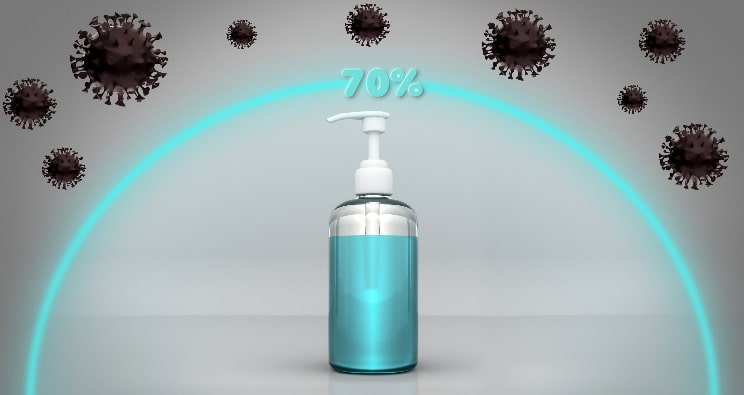
BLOG
KATEGORİDEKİ DİĞER YAZILAR

With the coronavirus outbreak that has shaken the whole world, the cleanliness of our personal and the environments we are in has become more important. From the door handles of our home to our desk at our workplace, we clean every place we come into contact with biocidal products such as disinfectants. But the main issue is whether these biocidal products are effective rather than using disinfectants.
Biocidal products must be licensed before they are put on the market. One of the most important tests for these products, which undergo various procedures during the licensing stages, is the efficacy test.
Determination of microbial activity is, in short, the determination of the effectiveness of these biocidal products to neutralize microorganisms on the surface to which they are applied within a certain period of time. The process of determining the effectiveness of biocidal products is carried out on microorganisms that are claimed to be effective.
In biocidal products; bactericidal activity, fungicidal and yeasticidal activity, sporicidal activity and virucidal activity tests are used to evaluate the effectiveness. These test procedures, which are mandatory and important for the licensing of the product, are carried out in accredited laboratories.
In this period when we are currently struggling with the corona virus, there are products such as many hand sanitizers in markets and pharmacies. However, the important thing is to use products that are effective against viruses. For example; products sold in the market and expressed as antibacterial are not effective against viruses. However, you can find them on almost every market shelf.
During the pandemic period, alcohol-based disinfectants should be used. Antibacterial products are effective against bacteria on the skin, while alcohol-based disinfectants (antiseptics) can be effective even against viruses, bacteria and fungi.
Nanolab Laboratories Group continues to provide services within the scope of Biocidal Product Analysis. We also provide services in Virucidal Efficacy Tests.
Contact us for more information.
You can follow us on LinkedIn for up-to-date news and posts about our services.
Follow our Instagram account to be informed about our latest blog posts.